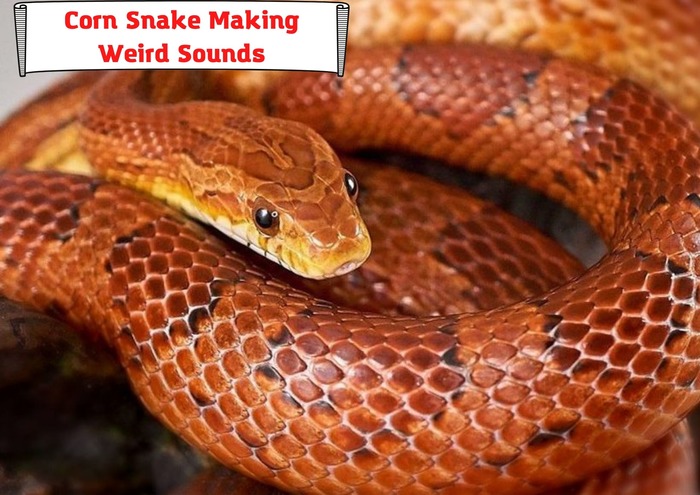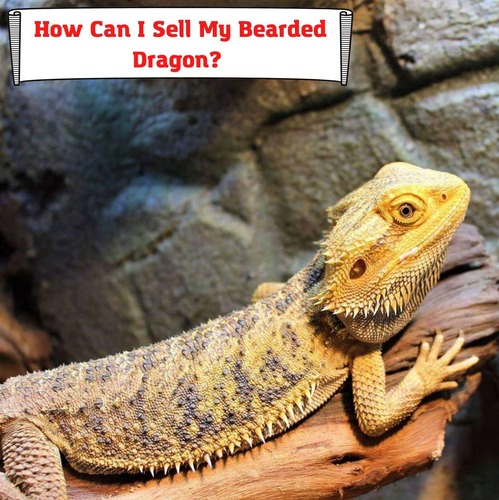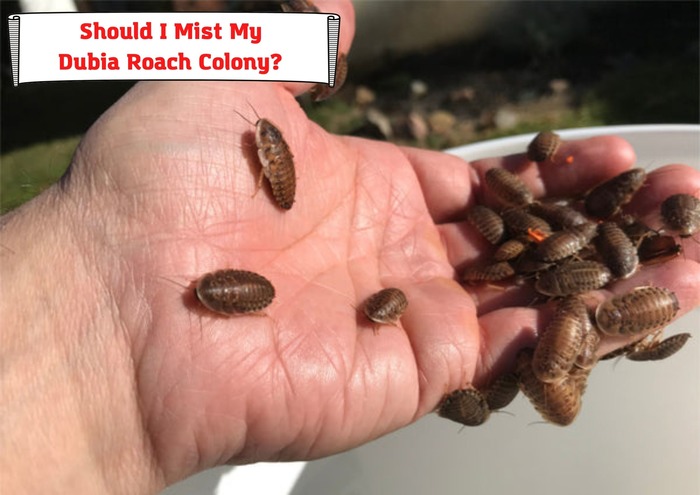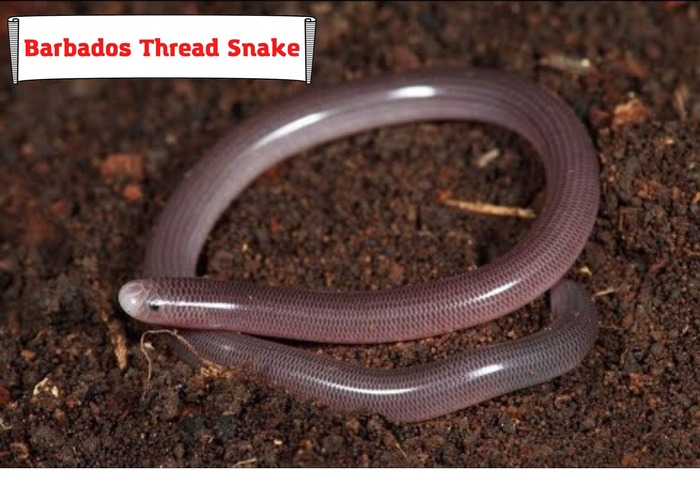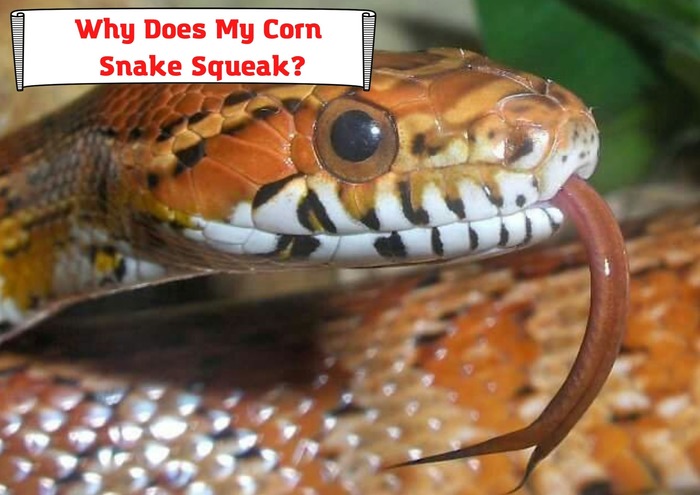
Many reptile owners prefer corn snakes because of their docile nature. They also do not threaten poisonous bites because they are not poisonous. However, corn snake owners who have done their bit may be alarmed at the squeaking of their corn snakes.
At the end of this article, you will know the reasons corn snakes squeak, what other sounds they make, which sounds should give you a cause for alarm, and what you can do to avoid an ugly situation.
Corn Snakes
Corn snakes are a species of snakes native to North America. It is usually found in the central US. You can also find them in the southeastern United States, such as New Jersey all the way to Florida Keys.
It is a harmless snake species. Farmers and pet owners alike often use the corn snake to control the population of rats and rodents. One striking characteristic of this snake species is that it overpowers its prey by squeezing it to death, a process known as constriction.
The adult corn snake can grow as long as 16 inches long. They live relatively longer than most other species. They can live for as long as ten years in domestication. Although it is often mistaken for the copperhead snake, it is not venomous. In contrast to the copperhead, they are slimmer and usually have brighter colors. Also, they do not have heat-sensing pits.
Some claim that it got its name because it regularly visited grain reserves to access an abundant supply of mice that feed on the corn. They are ectothermic. This means they are coldblooded and rely on the sun’s heat to regulate their body temperature. They are less active in cold temperatures, and they hunt less. But they like to come out on sunny days to soak up the heat and hunt.
Why Does My Corn Snake Squeak?
Sometimes, the squeaking sound comes when your corn snake sheds skin. Usually, the reason is that they have some loose skin in their nose. This typically makes the squeaking sound while they are breathing.
Also, you may hear your corn snake squeaking, especially during a meal. Usually, the squeaking sound comes from the mice the snake is feeding on. So technically, the snake does not make the sound. The mouse or the rodent does. So it is pretty normal to hear your corn snake squeak sometimes. It is not a cause for alarm.
What Are The Strange Sounds To Be Worried About?
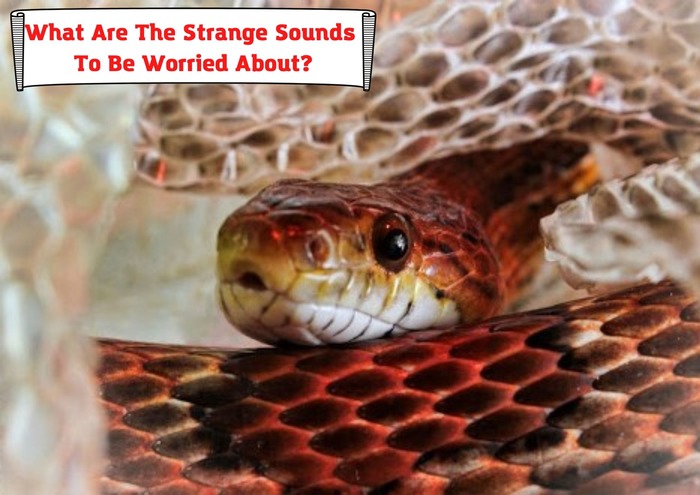
Although the squeaking sound is not a cause for alarm, other strange sounds should concern you if you hear your snake make them. These sounds are discussed below.
Wheezing Sounds
If you hear your corn snake wheezing, there is a high chance something is wrong with its airway. Wheezing is often a sign of labored breathing. This means your corn snake is having difficulty breathing.
If you notice some discharges along with the wheezing, that is a sign that your corn snake is likely suffering from a respiratory infection. There are many possible reasons for this. It could be a contagious infection contracted from another snake or a bacteria, fungi, or virus. This infection will usually overwhelm your snake’s immune system if your snake has been under stress or has not had access to proper diet and nutrition.
Wheezing may also be caused by parasitic organisms which can make their way into the lungs of the snake. Once they start living in the air passage of the snake, the snake will experience labored breathing. The evidence of this heavy breathing is the wheezing sound it will make.
Wheezing and Clicking Sounds
Snakes usually make a clicking sound when they are about to shed. Sometimes they also wheeze. Your corn snake is no exception. Shedding skin is a natural process. When snakes grow, their skins do not. So they outgrow the skin because they can no longer fit in the skin. This is what is often called shedding.
Shedding is a natural process called ecdysis. To shed old skin, they rub a spot around their snouts so they can slide out of their former skin. They usually wriggle against rocks, plants, and other surfaces to shed their skins. So it is normal that they click and wheeze during this process. Usually, they stop making the wheezing sound after shedding the skin.
If you are troubled by the sound, it will help to hydrate your corn snake by soaking it in warm water for some hours. This will help it shed properly and faster. That way, you will get rid of the sound as quickly as possible.
But it is not normal for a corn snake to continue wheezing for days after shedding the old skin. If yours continues, it would be best to see a vet.
Erratic Hissing and Tail Rattling
Although it may not be strange, hissing is a sound you should be worried about. Usually, it is a result of some discomfort or distress. A rattling of the tail usually accompanies it.
One common cause for this sound is extreme temperatures in the enclosure. When the enclosure is too dry, too hot, or too humid, the snake experiences stress and begins to hiss as evidence of its discomfort.
Also, it may make this sound when it feels threatened. When corn snakes feel threatened, they usually rattle their tails and hiss. They do this to repel the probable predator or to scare away threats. They may also coil their necks in a stance to defend themselves.
What Can You Do?
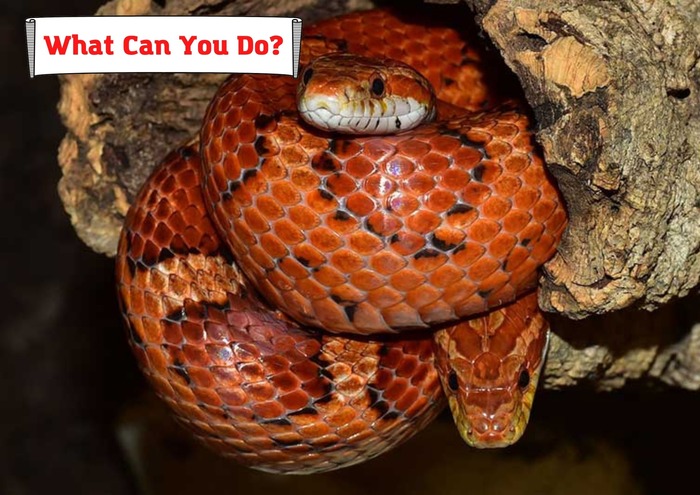
Every responsible corn snake owner would be troubled if their snake made strange noises. What you can do depends on the kind of noise your corn snake makes and the severity of the situation.
If your snake is wheezing and you notice discharges from its nose, it would be wise to check with a veterinarian as soon as possible. This is important because it will enable your vet to examine your corn snake. The examination may include taking nasal cultures and blood samples. This will help the vet know the exact parasites or organisms causing your corn snake to wheeze strangely. The vet may then prescribe the appropriate medication to help your corn snake recover.
If you find your corn snake hissing erratically and rattling its tail, you may need to check the underlying reasons for the sounds it is making. Checking the temperature range of its enclosure, presence of any predator or threat, and any other source of stress would help alleviate the stress.
You may also need to evaluate your care practices. This will help you find out if you have unconsciously contributed to the health challenges of your corn snake.
It would be best to check the temperature of the enclosure. Ensure that the enclosure is not too hot or too cold. If you have to reposition the heat sources or make changes to the heating system, it would be wise to do so. Ensure that the humidity is at the optimal level.
Also, it would help to provide a minimum of two comfortable hides for your corn snake to relax. Snakes like to hide. If there are no hides, they may become stressed because of being too exposed.
Conclusion
Watching out for the sounds your corn snake makes is a sign of responsibility. It means you cherish the life of your corn snake. Not all sounds are reason enough for worrying. But paying attention to the sounds your snake makes is very crucial to keeping it in good health.
Also, noticing the strange sound is the first step to saving your corn snake from a painful existence. Never hesitate to book an appointment with the vet anytime you notice something is amiss with your corn snake.
- Dubia Roach Egg Sack: How To Understand if It’s Healthy? - January 2, 2023
- How To Feed African Dwarf Frog While on Vacation? - December 26, 2022
- Baytril for Bearded Dragon: Here’s What You Should Know - December 19, 2022
